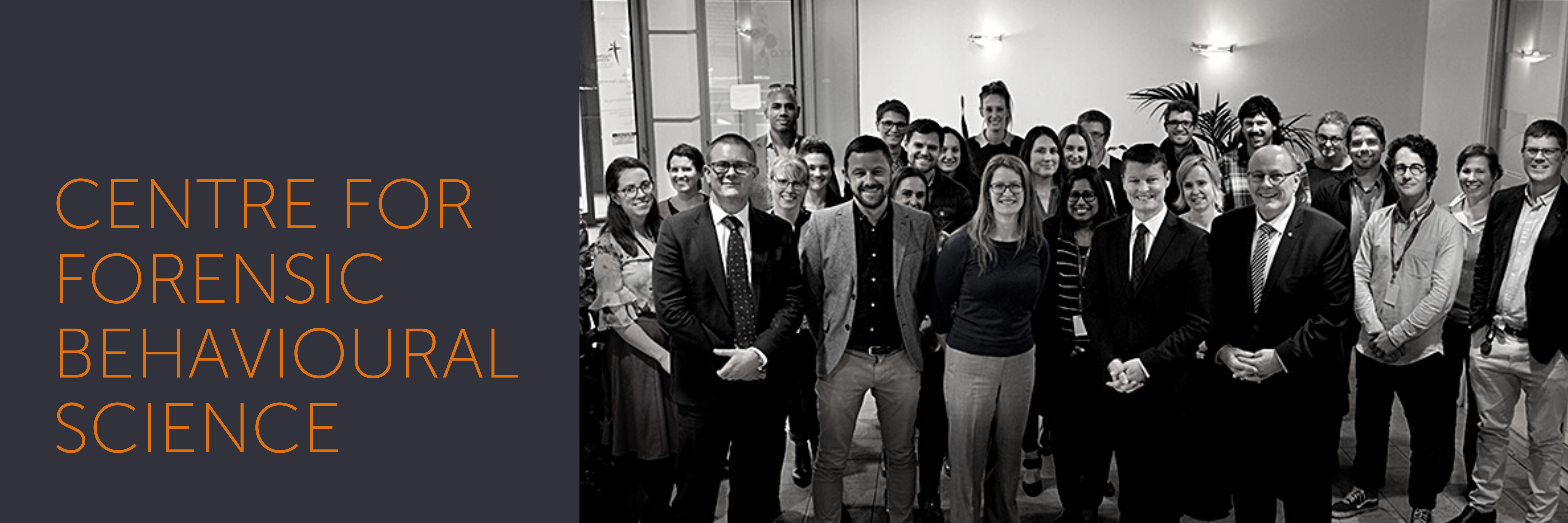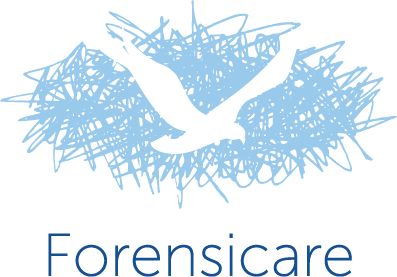
The Centre for Forensic Behavioural Science
The Centre for Forensic Behavioural Science (CFBS) at Swinburne University of Technology, is Australasia’s leading centre for excellence in the areas of forensic mental health and forensic behavioural science research, teaching and practice development.
It brings together academics, clinicians, researchers and students from multiple disciplines to provide a stimulating and rewarding learning environment and aims to improve the quality of care we provide at Forensicare.
A key focus of the work at the CFBS is to transfer academic and clinical excellence into practice in the health, community services and criminal justice sectors. Our aims include:
- Understanding, predicting and reducing offending and violence by people with mental illness or problem behaviours
- Improving the legal system through empirical research and policy analysis
- Creating a vibrant culture of learning and research in the forensic mental health and behavioural science sectors.
The CFBS operates as a partnership between Forensicare and Swinburne University of Technology.
Our Research
Forensic behavioural science is concerned with how individual characteristics interact with the environment to produce criminal behaviour and what might be done to prevent such behaviour. It also includes the way in which offenders are identified and managed by law enforcement, courts and criminal justice systems.
Within the area of forensic behavioural science, our researchers engage in a broad range of clinical, epidemiological and experimental research in the following key research streams.
- Aggression and Violence
- Childhood maltreatment and youth offending
- Complex criminal behaviour
- Culture, psychology and law
- Forensic Mental Health
- Psychology and legal processes
- Rehabilitation, reintegration and offender management
Research at Forensicare
As the research arm of Forensicare, the CFBS ensures independent and high-quality research and evaluation is undertaken to better inform clinical practice and strengthen the provision of care to consumers. We also prioritise support for research projects that:
- Provide evidence for the effectiveness of Forensicare services, models of care, or clinical interventions
- Will lead to innovations in clinical practice and consumer care
- Align with the focus of the Catalyst Consortium
Professional development and training opportunities
A key focus of the CFBS is to transfer academic and clinical excellence into practice. One of the ways we achieve this is by providing professional development and training to support the development of an appropriately skilled workforce in a range of health, community, legal and correctional services.
CFBS programs are designed to enhance the knowledge and skills of professionals working in settings such as courts, policing, correctional justice and mental health — where behavioural and forensic mental health issues are becoming increasingly prominent.
In particular, we offer training in:
- Core competencies in forensic mental health
- Assessment and management of risk for sexual and non-sexual violence, intimate partner violence, arson, stalking and general offending
- Dealing with difficult or distressed self-represented litigants within various Australian court and tribunal settings
- Dealing with difficult people or situations within organisations
- Responding to and managing stalking in the workplace, including on-campus at universities
- Dealing with people with severe personality disorders and offending behaviour.
Research Reports & Publications
All our recent Annual Research Reports and a list of recent publications produced by Forensicare and Centre for Forensic Behavioural Science staff are available.
Contacts
Tertiary education program:
E: info-cfbs@swin.edu.au
P: +61 3 9214 6222
Professional training program:
E: training@forensicare.vic.gov.au
P: +61 3 9947 2543
Research program:
E: research@forensicare.vic.gov.au




